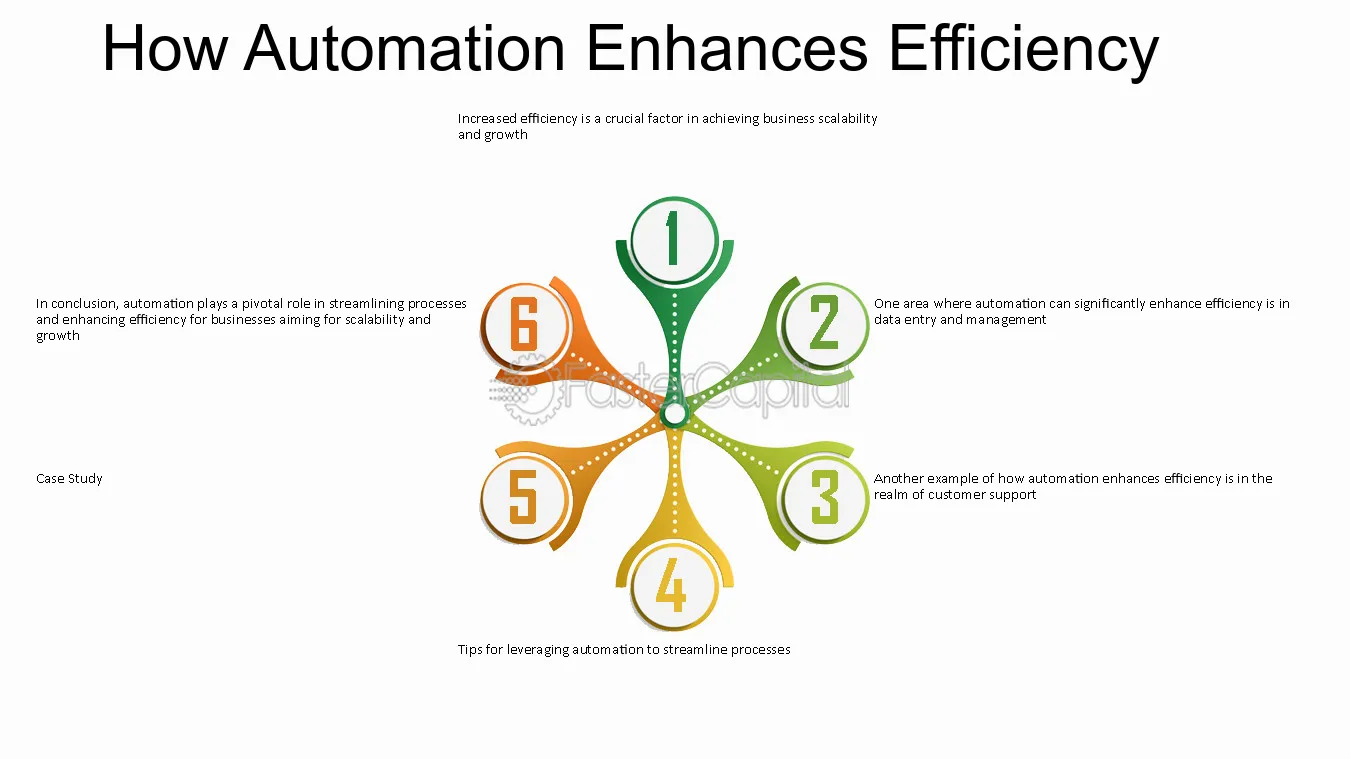Harnessing Technology & Automation for Business Growth
In today’s competitive landscape, embracing technology and automation is essential for scaling businesses efficiently. From streamlining operations to improving customer experiences, automation empowers companies to operate at peak efficiency while minimizing human error. In this article, we will introduce key concepts in technology and automation, explore practical applications for businesses, and highlight tools to help companies thrive in an increasingly digital world.
The Role of Technology & Automation in Business
Technology and automation are no longer optional for companies looking to succeed—they are vital for staying competitive. Automation reduces the burden of repetitive tasks, allowing employees to focus on more strategic initiatives. Technology, from cloud computing to AI-powered analytics, enables businesses to optimize processes, enhance decision-making, and scale operations seamlessly.
Benefits of Automation for Businesses
- Improved Efficiency
- Automation minimizes manual intervention, leading to faster task completion and reducing errors caused by human oversight. It streamlines processes like invoicing, marketing campaigns, and customer communication, freeing up time for employees to focus on high-value tasks.
- Cost Reduction
- By automating routine tasks, businesses can cut down on operational costs and allocate resources more effectively. This leads to savings in both time and labor, enabling organizations to grow without significantly increasing overhead.
- Enhanced Data Accuracy
- Automation ensures that data entry and reporting processes are accurate and consistent. This improves decision-making capabilities, allowing businesses to base their strategies on real-time, reliable data.
- Scalability
- As businesses grow, manual processes can quickly become bottlenecks. Automation tools scale effortlessly, handling increased workloads and ensuring that businesses can expand without encountering inefficiencies.
Practical Applications of Automation in Business
- Customer Relationship Management (CRM) Automation in CRM systems helps businesses track customer interactions, manage leads, and automate follow-ups, improving customer engagement and retention.
- Marketing Automation Tools like Drip and ConvertKit automate email marketing campaigns, personalized customer interactions, and social media posts, allowing businesses to nurture leads and engage with their audience at scale.
- Accounting & Invoicing Automating financial processes like invoicing, payroll, and expense management saves businesses time and reduces the risk of errors in critical financial data.
Tools for Technology & Automation
Here are some essential tools to help businesses integrate technology and automation effectively:
- Zapier
- A powerful automation tool that connects various apps, enabling businesses to automate workflows and eliminate repetitive tasks without needing to write code.
- HubSpot CRM
- HubSpot’s CRM platform allows businesses to automate lead tracking, customer communication, and reporting. It’s an all-in-one tool perfect for managing relationships as companies scale.
- Vendasta
- Vendasta provides a comprehensive suite of tools for automating client management, sales pipelines, and digital marketing campaigns, ideal for agencies and SMBs.
- Katana Cloud Inventory
- Katana helps manufacturers automate inventory management, production tracking, and sales orders, enhancing operational efficiency and scalability.
How Automation Boosts Productivity
By automating tasks like data entry, scheduling, and reporting, businesses can save valuable time and resources. Employees can focus on creative and strategic work, leading to increased innovation and improved job satisfaction. Moreover, automation tools can handle massive data sets with ease, providing insights that allow businesses to fine-tune their operations in real-time.
FAQs
How does automation impact employee roles in businesses?
Automation frees employees from repetitive tasks, allowing them to focus on higher-level functions such as strategy, innovation, and customer relationships.
What types of businesses can benefit most from automation?
Any business, from small startups to large enterprises, can benefit from automation. The key is identifying areas with repetitive tasks or processes that can be streamlined.
Is automation costly to implement?
While there may be upfront costs for implementing automation tools, the long-term savings in labor, time, and operational costs often outweigh the initial investment.
What are some key areas to automate in a growing business?
Common areas include customer relationship management, marketing campaigns, accounting, inventory management, and project management.
Are there risks involved in automating too much?
Over-automation can lead to a loss of personal touch in customer interactions and employee disengagement. Striking the right balance between automation and human involvement is crucial.
Top Tools to Simplify and Scale Your Business
- Vendasta
- A comprehensive platform that automates sales pipelines, digital marketing, and client management, designed for agencies and SMBs.
- Drip
- An email marketing tool that automates customer journeys, sending personalized emails based on user behavior and engagement.
- Katana Cloud Inventory
- Perfect for manufacturers, Katana automates production management, inventory tracking, and sales order fulfillment.
- Zapier
- Connects over 3,000 apps to automate workflows and eliminate manual tasks, saving businesses time and effort.
- HubSpot CRM
- HubSpot automates customer relationship management, lead nurturing, and reporting, making it ideal for scaling businesses.
Keywords:
Technology, automation, business automation tools, CRM, workflow automation, productivity, cloud inventory, Zapier, HubSpot






